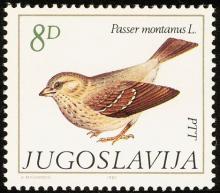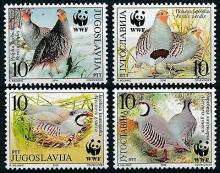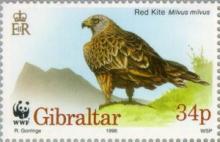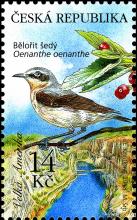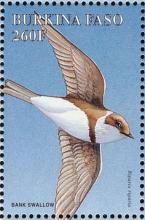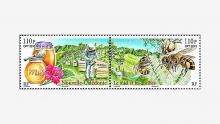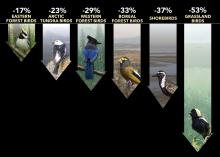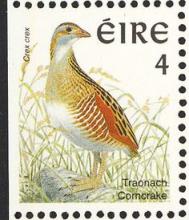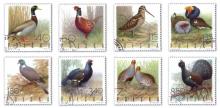Decline to Near-Extirpation of the Tree Sparrow at Beddington Farmlands
The Tree Sparrow (Passer montanus) colony at Beddington Farmlands – which used to be one of the biggest in England – is all but lost following a shocking decline of the species at the London site, with analysis in the Beddington Farmlands 2019 Bird and Wildlife Report suggesting failed habitat management as the key factor.

